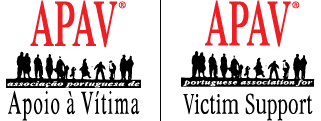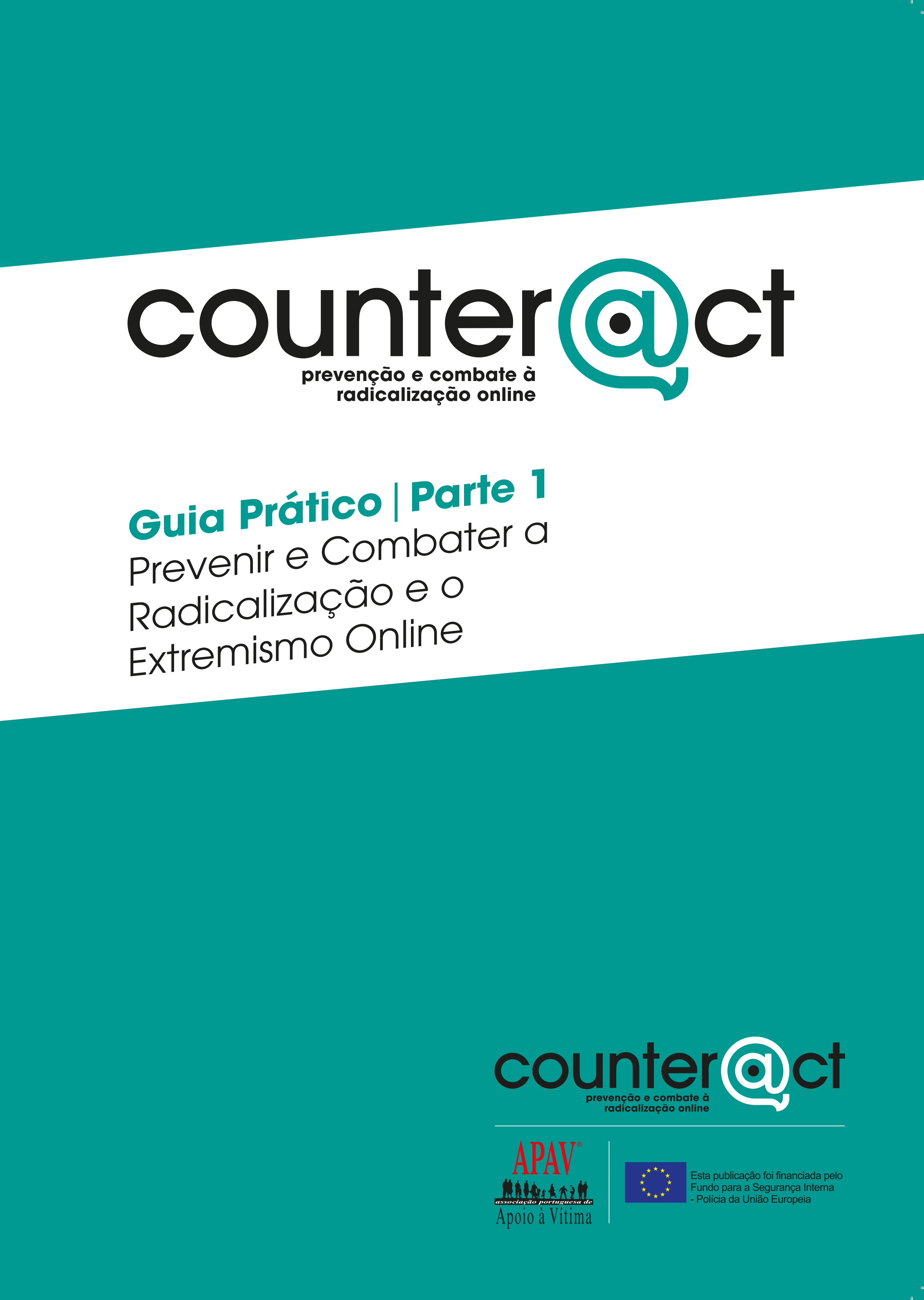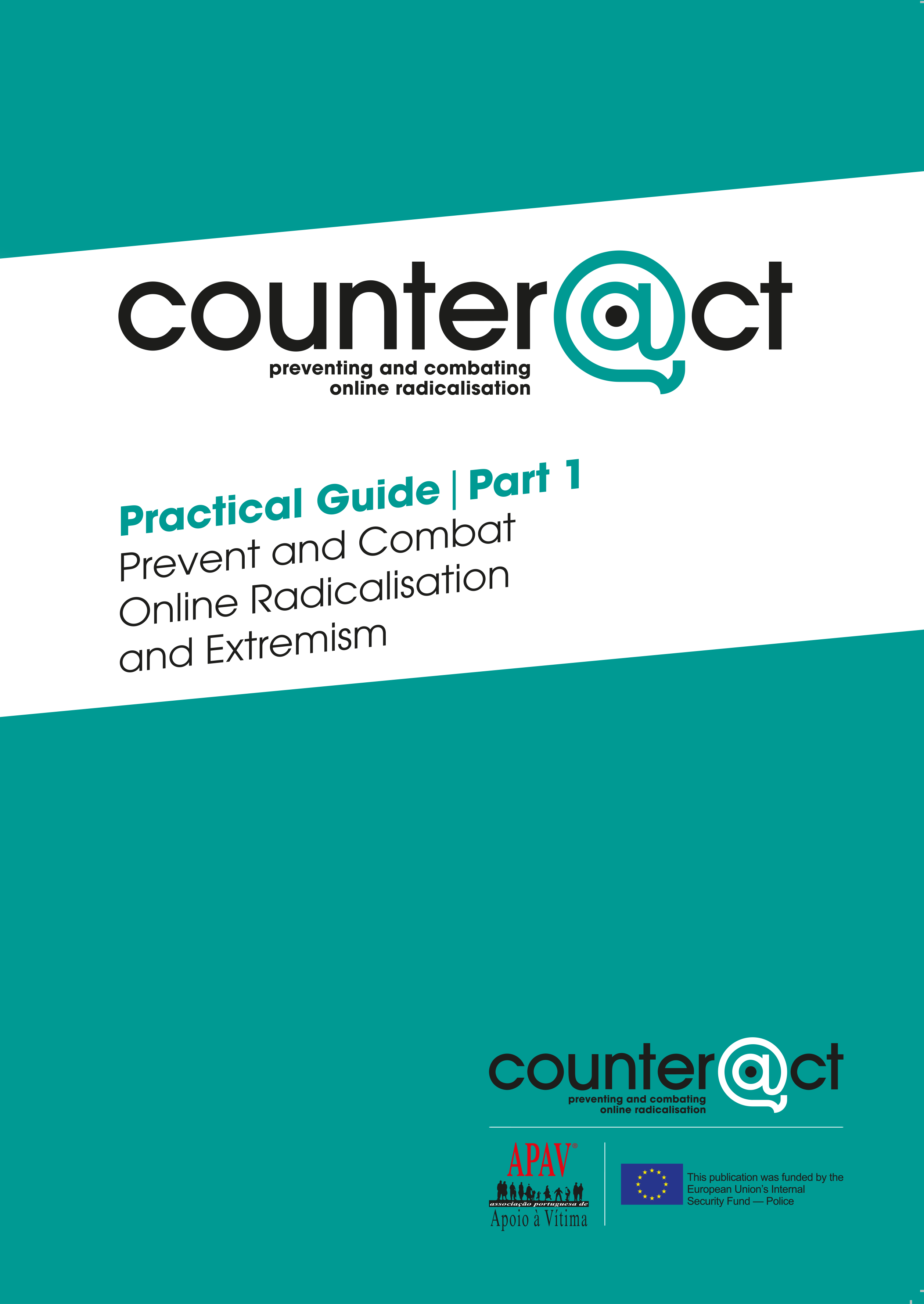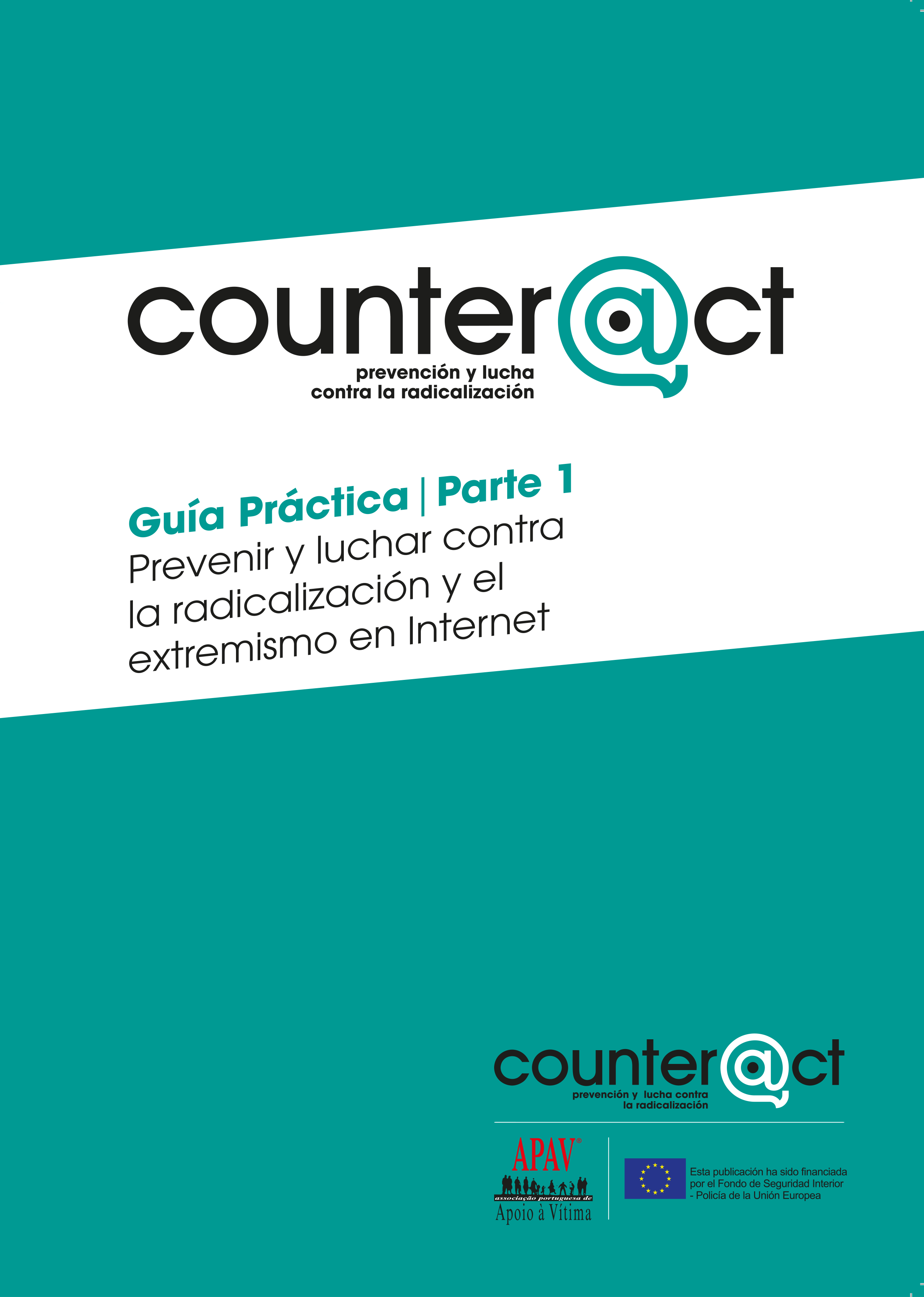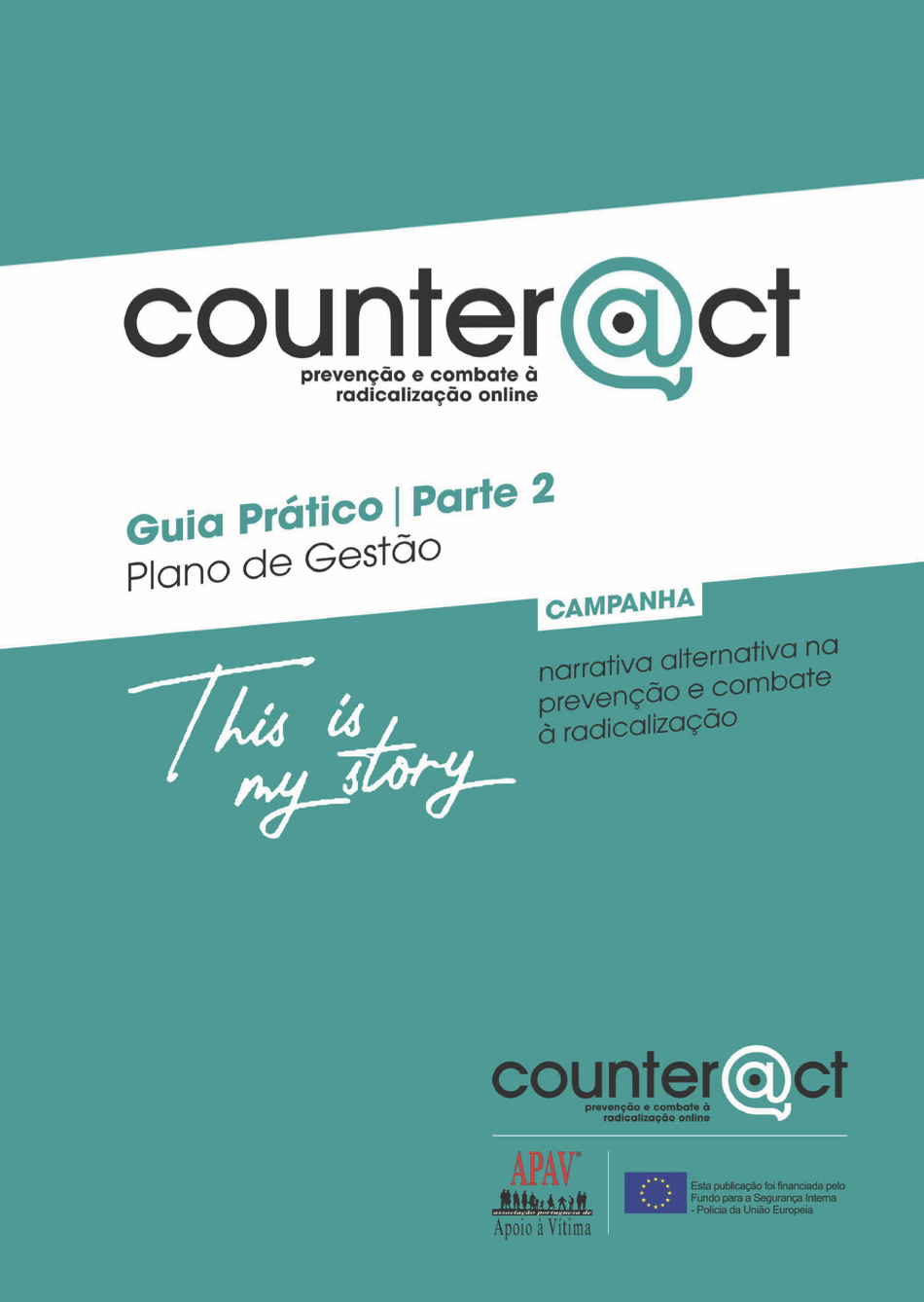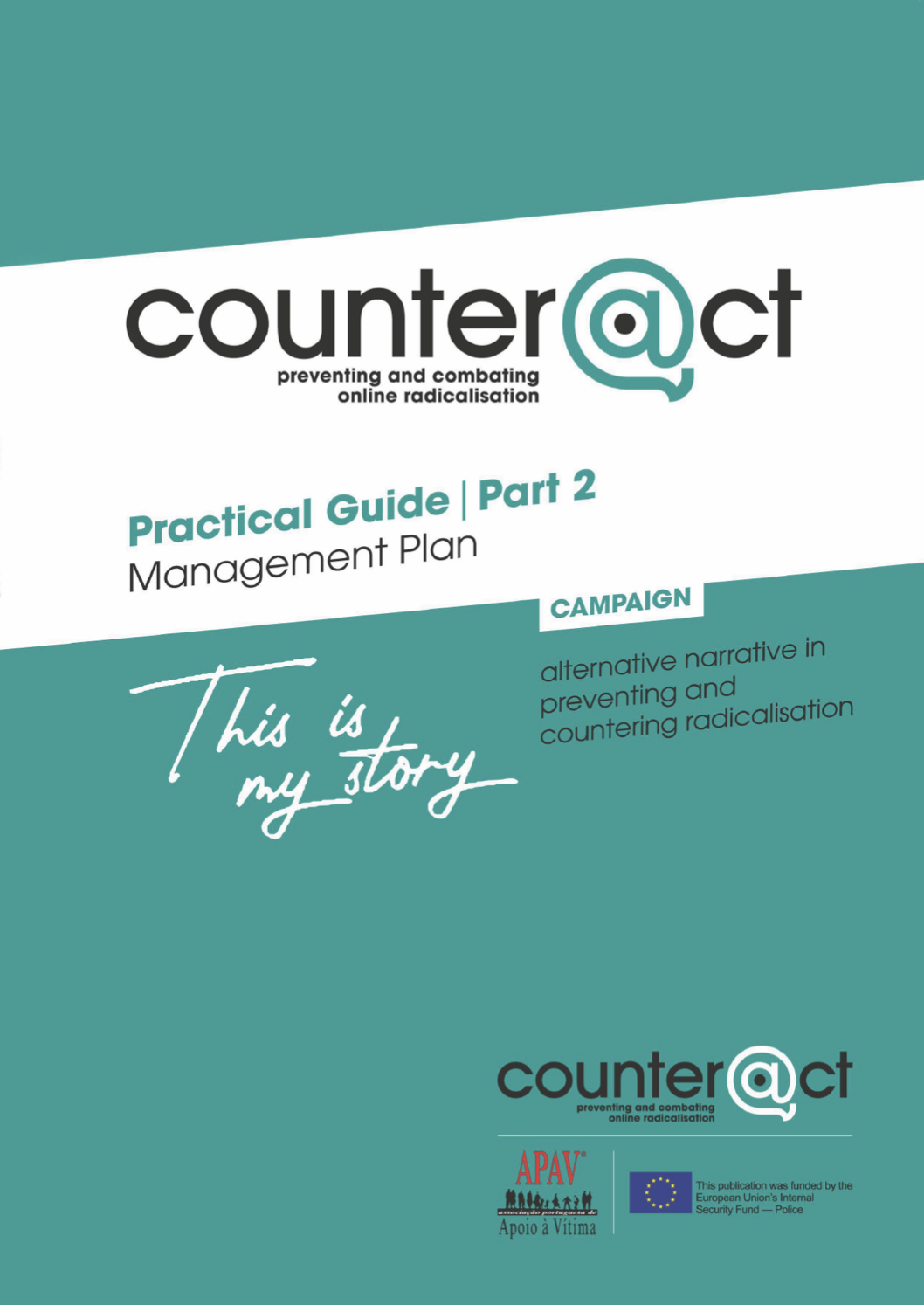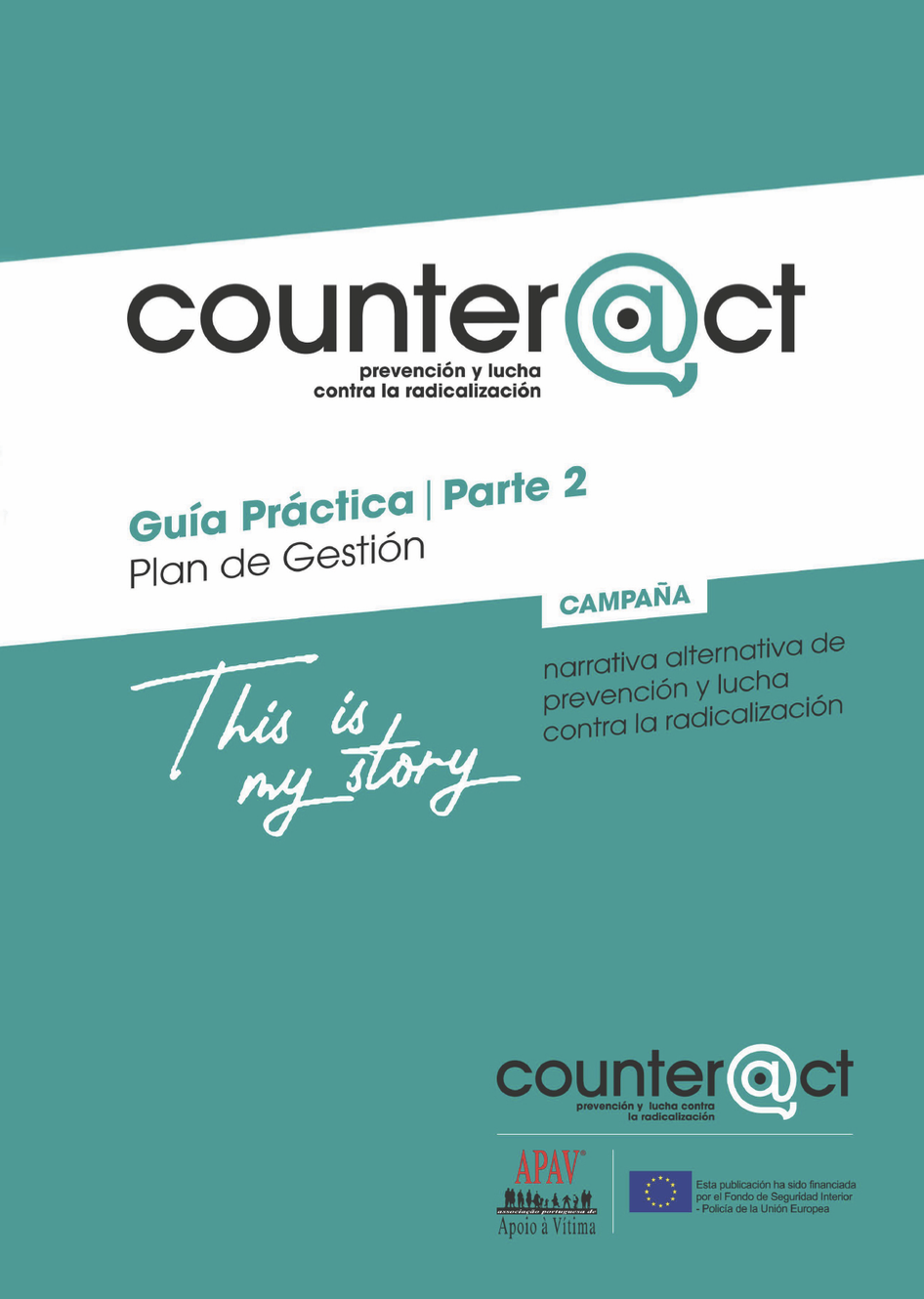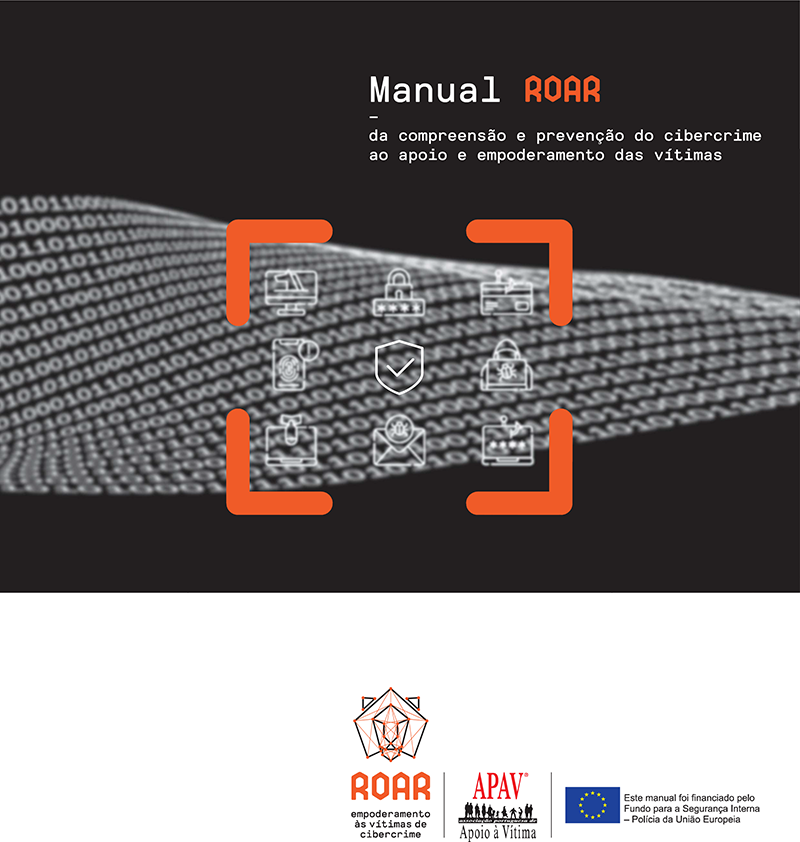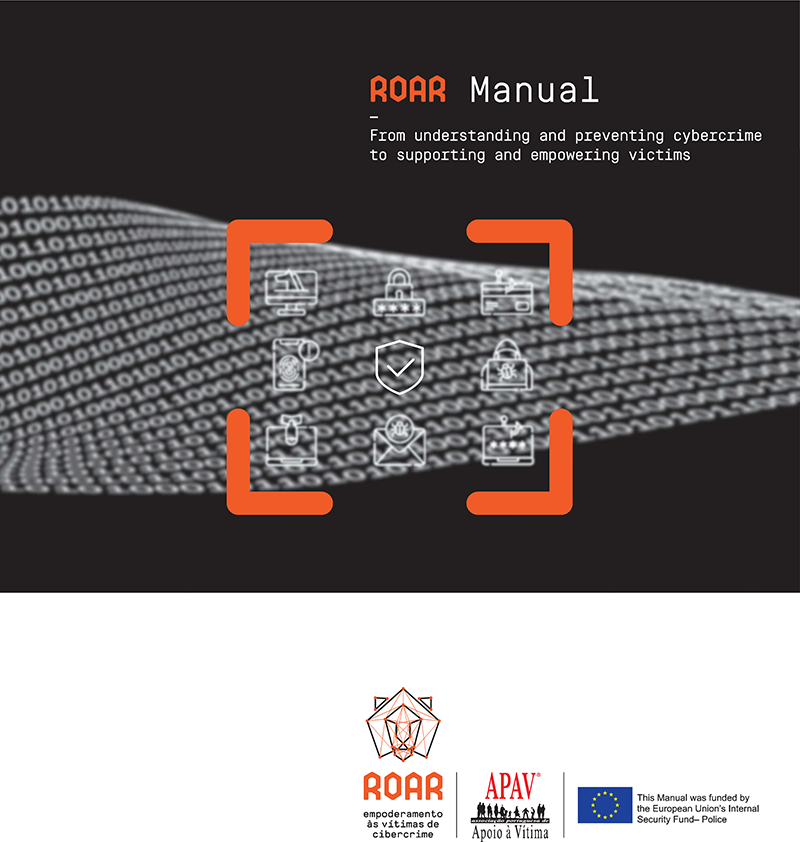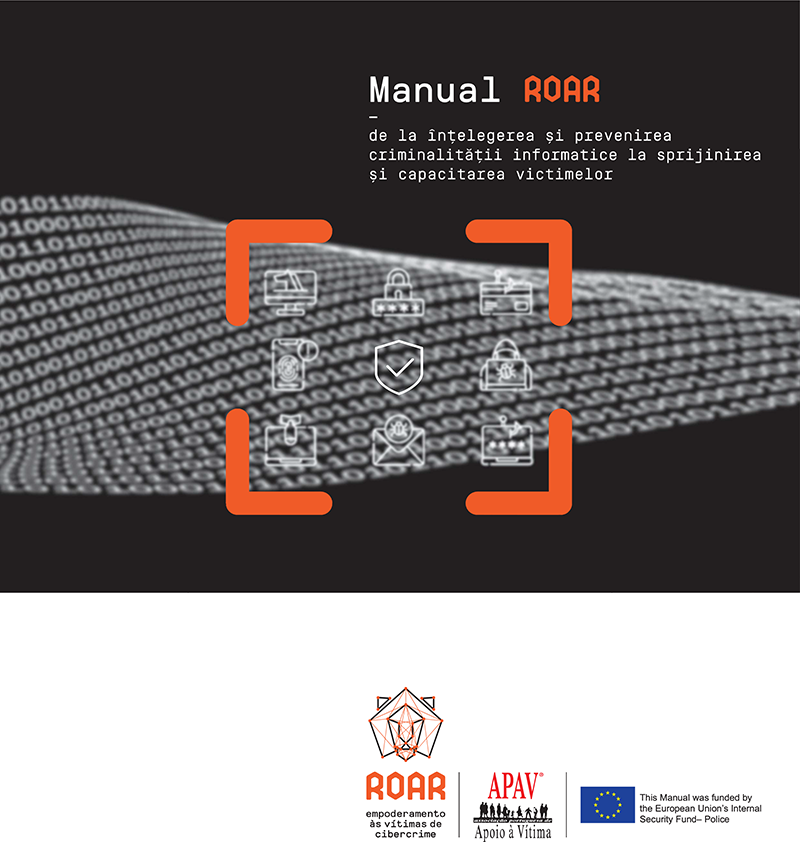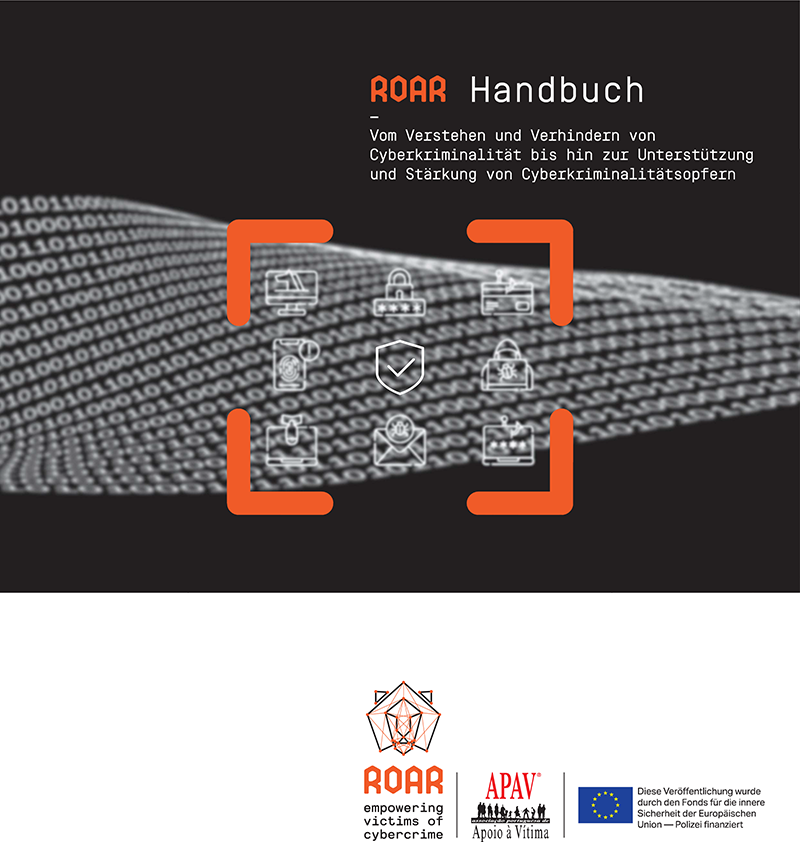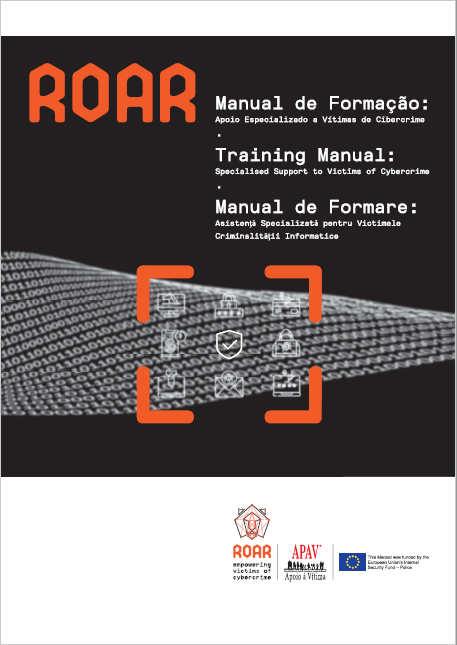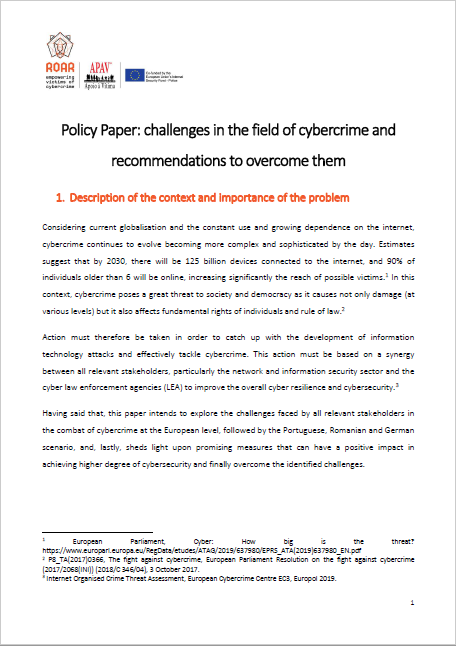
Practical Guides for Preventing and Combating Online Radicalisation
Radicalisation, particularly that leading to violent extremism and acts of violence and terrorism, has been a growing concern of States, societies and communities. It is a dynamic phenomenon, and although a single and often a solitary route, it is also a group process. Radicalisation happens online, but also offline, in schools and in neighbourhoods.
By virtue of a series of risk factors set out in several theoretical approaches to the phenomenon of radicalisation leading to violent extremism, such as identity crisis, the seek for belonging or the manifest primacy of socialising online, amongst others, youngsters have been identified as the most vulnerable part of societies to this processes.
Counter-narratives and alternative positive narratives, in parallel with awareness raising activities to vulnerable groups to radicalisation, have been proven to be of great support in preventing and combatting online radicalisation: the motto that gave rise to project Counter@ct: preventing and combatting online radicalisation.
Within Project Counter@ct, with the crucial input of both law enforcement and intelligence agencies, but also those who closely work with the communities, particularly with vulnerable groups to online radicalisation, and with the expertise of an impact assessment evaluator and an online marketing agency, the alternative narrative #thisismystory was developed.
#thisismystory relies on the concept of storytelling of positive integration real life stories of migrants and refugees currently living in Portuguese communities. The campaign was conceived to target both the peers of the persons giving their voice to the campaign, in their own mother-tongue, but also to reach as many people within the community and in the Portuguese society. The call to action – #learmoreaboutmystory - is the invitation that we left at the end of each video! Lear more about the campaign at #thisismystory website!
Further to the campaign, and for all of those who, in the future, wish to develop an online alternative narrative campaign, a very Practical Guide for Preventing and Combating Online Radicalisation. The Practical Guide sheds lights on each and every step that needs to be carefully thought through before developing an alternative narrative campaign. If you are curious to learn more about radicalisation and the support services available at APAV, you may also consult our website Preventing and Combating Radicalisation.
The Counter@ct project was developed in collaboration between APAV and the Judiciary Policy, Service of Security Information, Logframe – Training and Consulting, Digital Xperience and European partners, namely Victim Support Europe and Fundación Fernando Buesa Blanco (Basque Country), co-funded by the European Union’s Internal Security Fund Police - Civil Society Empowerment Programme.
APAV Was Present In The European Forum For Urban Security Conference
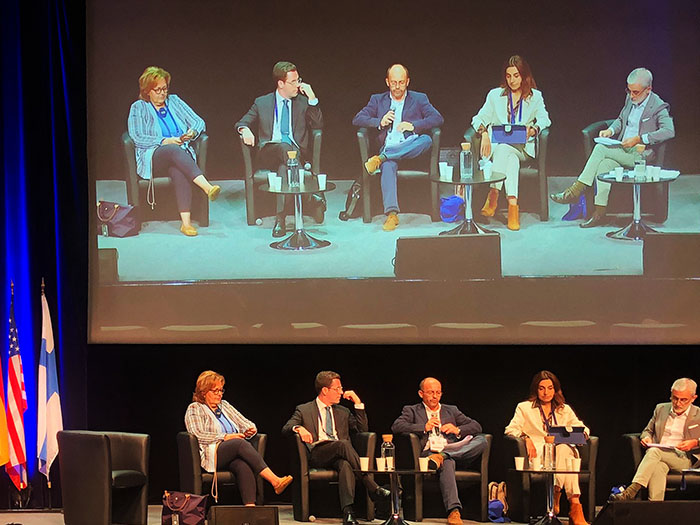
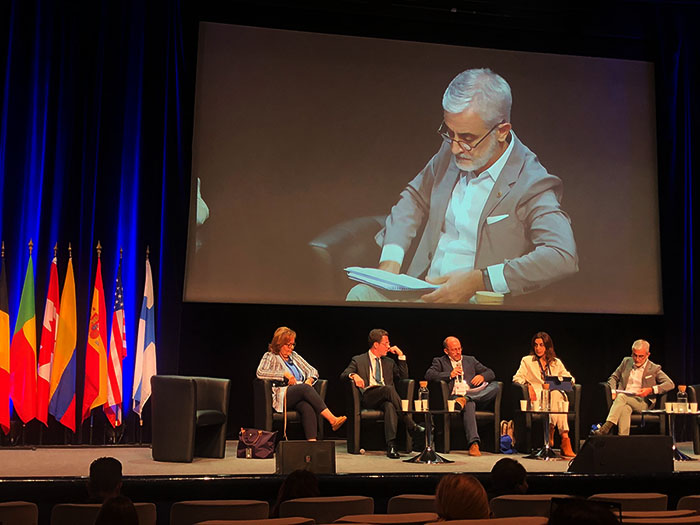
APAV was present in the Security, Democracy and Cities Conference, promoted by the European Forum for Urban Security (EFUS) in Nice, between 20 and 22th October.
EFUS is an European network and organization devoted to the promotion of the cooperation, support and debate about local and regional crime and urban security prevention issues. Founded in 1987, it gathers 250 cities and regions of 15 countries. The conference counted with the following participants: the ellected locals, such as autarchies presidentes, autarchies public employees, policial forces, professionals of the social sector, academics and representatives of the private sector and civil society.
João Lázaro, APAV’s President, was the moderator of the panel regarding the session "The challenge of promoting safe and sustainable urban tourism", that focused on the challenges on sustained tourism in cities, considering the desired comeback of tourism at the same time which the security of the permanent residents is assured, as well as the need of security and respect for the human rights, namely the crime victims.
The City Hall of Matosinhos and the Municipal Police of Lisbon also shared their experience.
For more information: efus.eu/efusconference2021
APAV Takes Part In Workshop On Victim Support Lines
On 19 and 20 October a workshop on victim support lines and distance support was held in Brussels.
This initiative was promoted by Victim Support Europe, in the context of the VSE Centres of Excellence.
With members from different countries and with distinct experiences, the goal of these events is to share learnings and challenges that differ from place to place.
The workshop was focused on in-depth discussion on:
- The selection and training of volunteers for online counselling and the helpline
- Community Resiliency Model training module for victim support organisations
- TRiM method based on cognitive behavioural therapy
- Promotion of #116006Helpline and online support
- Funding of helpline and online support
- How other 116 helpline are run?
- Standards for helpline
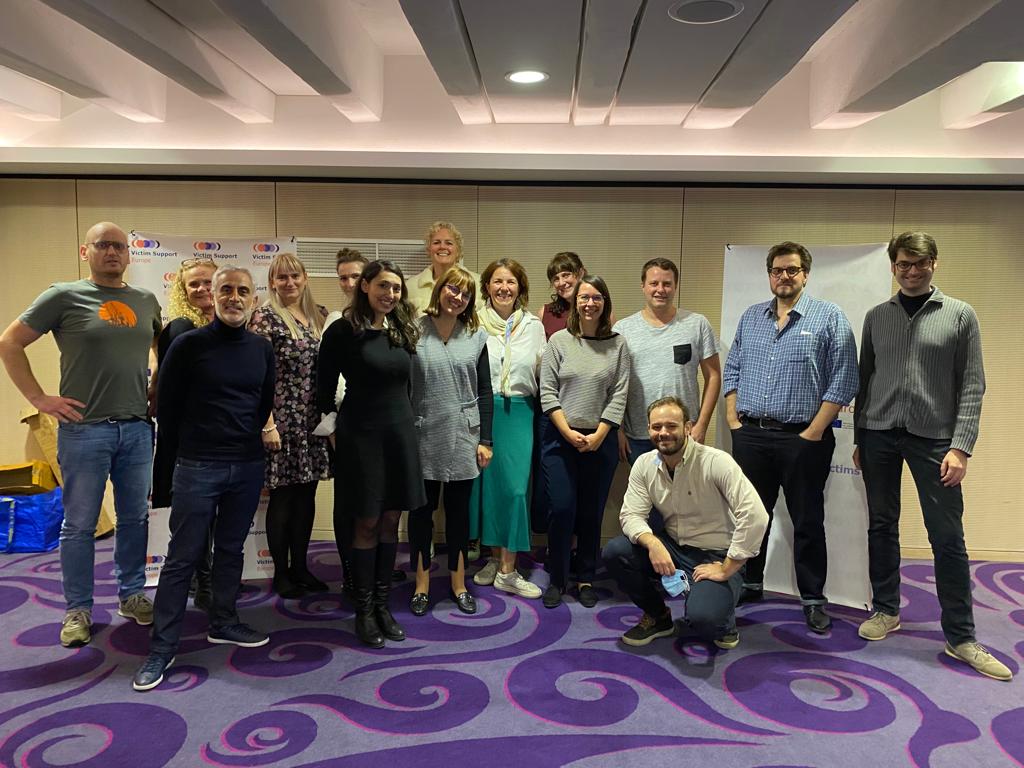
APAV participates in the Victim Support Europe Annual Conference 2021
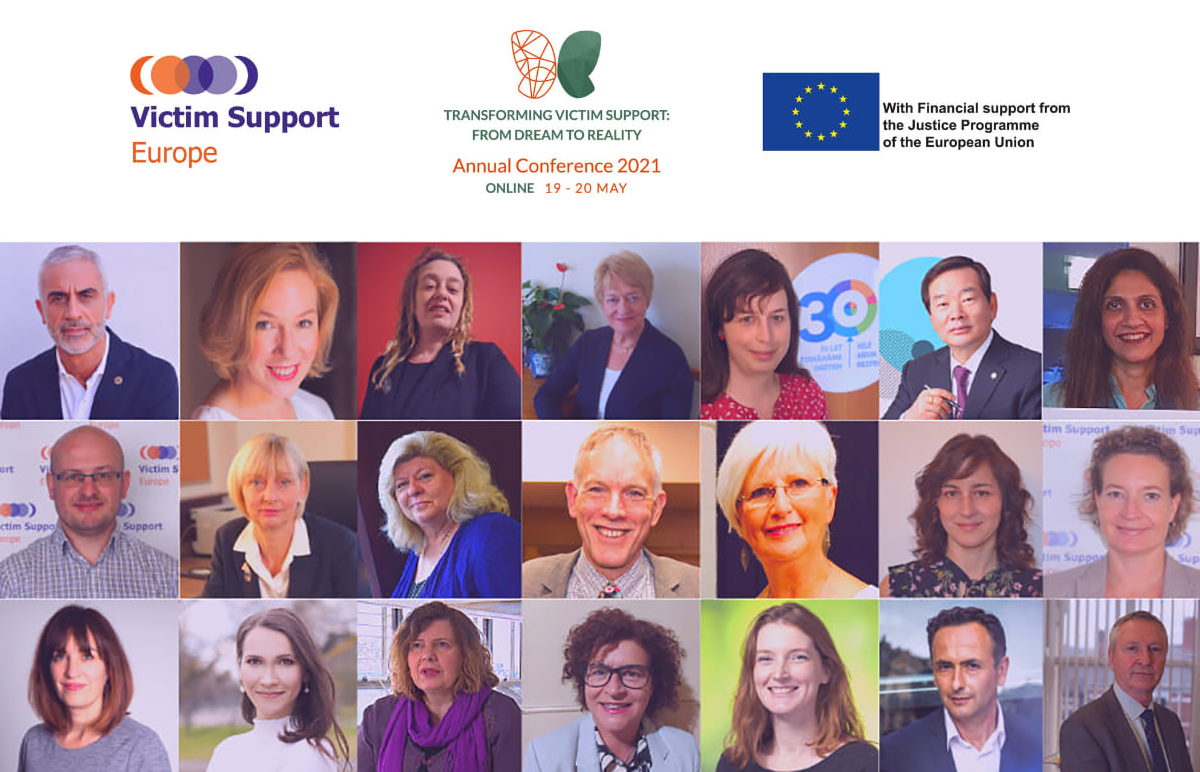
"Transforming victim support: from dream to reality" is the motto of the Victim Support Europe Annual Conference 2021, which takes place on the 19th and 20th of May. This online event aims to celebrate the work on victim support in several countries of the European Union over the past three decades.
This year's edition brings together the main international actors in the work with victims of crimes and will address topics such as the evolution of victim support movements, the development of support services, specialized services or innovative therapies and methods for the recovery of victims. .
Victim Support Europe is an organization that brings together the various victim support services and organizations in Europe and is currently chaired by also APAV's president, João Lázaro.
APAV provides support manuals for cybercrime victims
Handbook
It is estimated that about 1 million people are victims of cybercrime a day. While the Internet has facilitated activities such as shopping and banking and has allowed for interpersonal contact despite distance or physical borders, it has also created another setting in which crime can occur. These cybercrimes may include phishing, fraud, stalking, hate speech, and child sexual abuse.
Aiming to protect, empower and care for victims of electronic crime, the ROAR project was developed by APAV in partnership with institutions from two other European countries, namely the German WEISSER RING and the Romanian ACTEDO, in addition to the national partners, PT Portugal, the Attorney General of the Republic (PGR) and the National Republican Guard (GNR). And this project was funded by the European Union’s Internal Security Fund – Police.
During the project execution, thematic workshops were held for security forces and judicial authorities, with the purpose of drawing attention to the problem of cybercrime and the need to also protect the victims of these crimes. In order to empower and raise awareness of potential victims of cybercrime, the pedagogical aspect of the project carried out training actions for children and young people, distributing informative materials.
The result of all these actions culminated in the elaboration of a manual of procedures to be adopted in case of assistance to victims of cybercrime, in addition to a set of recommendations to help clarify eventual issues and facilitate the fieldwork, policy paper.
Handbook
In the policy paper, the focus is to address cybercrime at the domestic level and then form partnerships (especially among the EU) that will allow for a united, international approach towards preventing the crime and protecting the victims. It acknowledges the faults and challenges in legislation that are currently in place in certain countries in order to emphasize the need for policies to evolve at the same rate as cybercrime. Cybercrime can be better addressed not only with more proactive legal measures but also with better understanding of it. For example, the paper promotes professional research and access to education of cyber risks and reporting. Cybercrime can threaten individuals, groups, companies, and governments, which is why this policy paper in addition with the handbook are vital in continuing to promote the safety and protection of communities.
Training Manual
The training manual is divided into two parts: the first, "Understanding cybercrime", addresses the understanding of the phenomena and their legal framework; and the second, "Specialized support for victims of cybercrime", reports on aspects and techniques to be adopted in case of assistance to victims of cybercrime, in addition to a set of recommendations to help clarify any questions and facilitate field work. This manual includes 10 modules that complement the training provided by APAV to its employees, interns and volunteers.
Policy Paper
In the policy paper, the focus is to address cybercrime at the domestic level and then form partnerships (especially among the EU) that will allow for a united, international approach towards preventing the crime and protecting the victims. It acknowledges the faults and challenges in legislation that are currently in place in certain countries in order to emphasize the need for policies to evolve at the same rate as cybercrime. Cybercrime can be better addressed not only with more proactive legal measures but also with better understanding of it. For example, the paper promotes professional research and access to education of cyber risks and reporting. Cybercrime can threaten individuals, groups, companies, and governments, which is why this policy paper in addition with the handbook are vital in continuing to promote the safety and protection of communities.
The content of this project represents the views of the author only and is his/her sole responsibility. The European Commission does not accept any responsibility for use that may be made of the information contains.
All the documents developed can be consulted here, available in English, Portuguese, Romanian and German.
